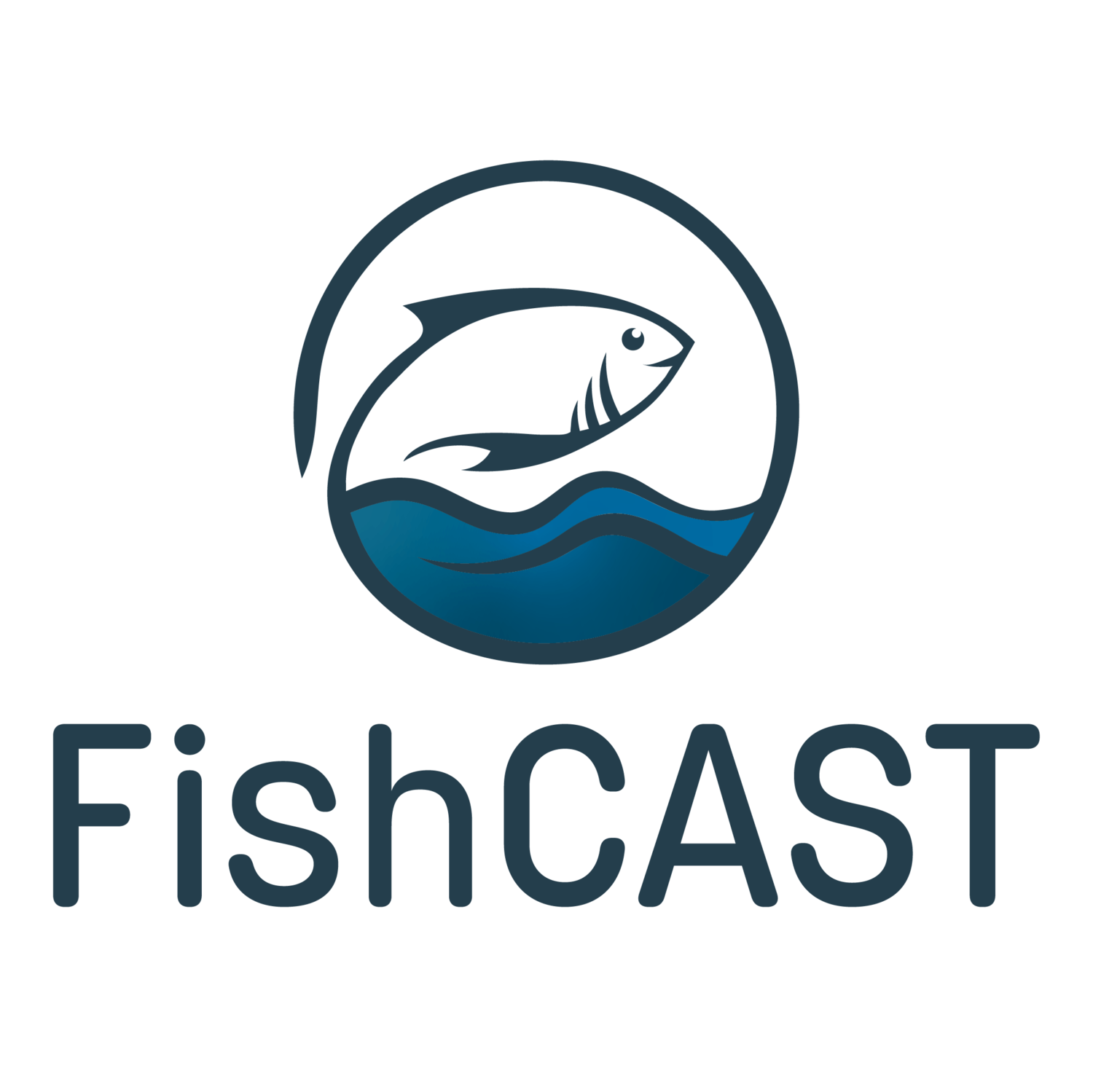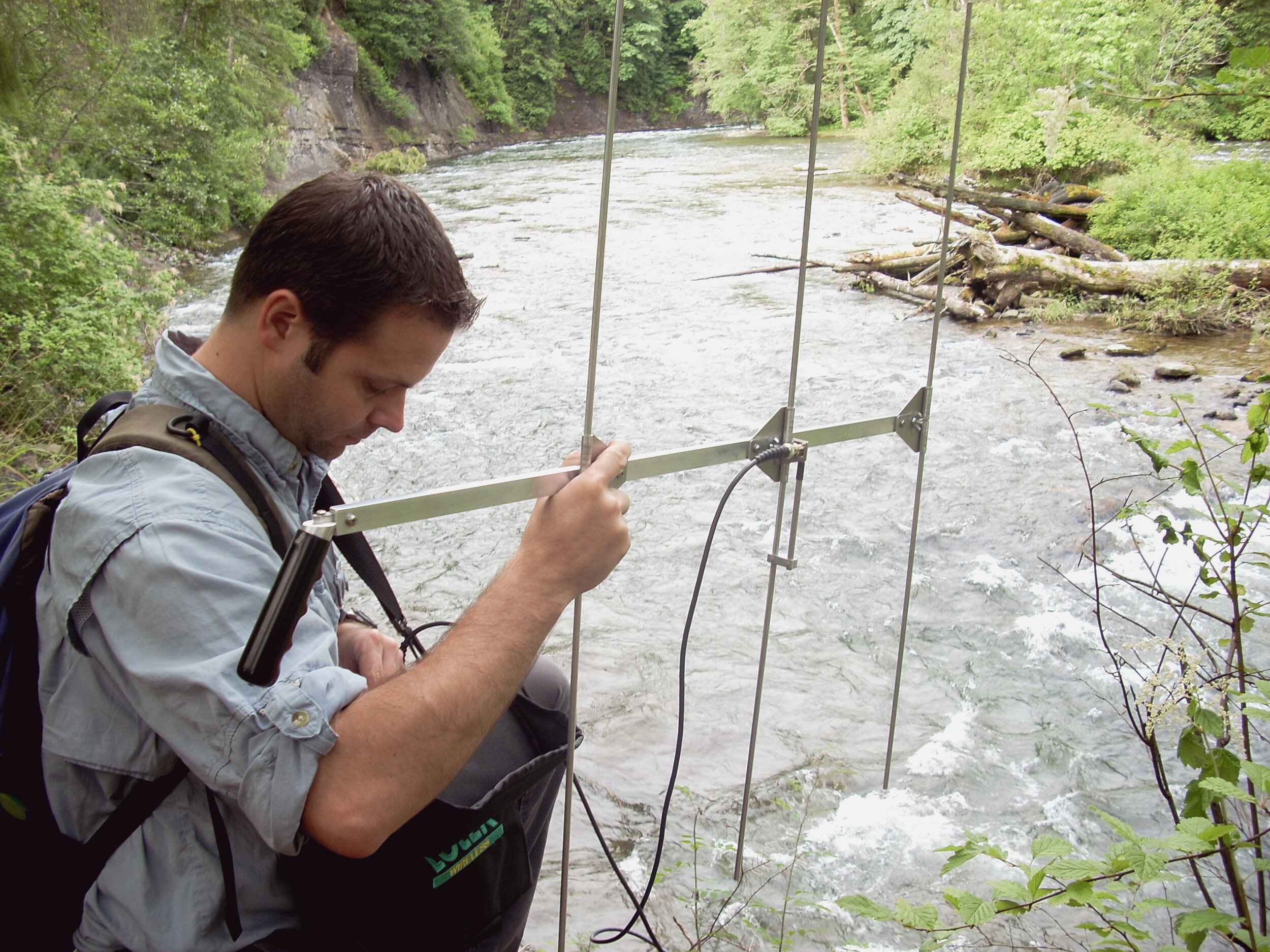
CODE OF CONDUCT
FishCAST has adopted a Code of Conduct that includes a set of principles and responsibilities for professional behaviour that governs all FishCAST members and participants in all FishCAST program activities.
I. Principles
Excellence, integrity, and honesty in all aspects of research
Personal accountability in the conduct of research and the dissemination of the results
Professional courtesy, equity, and fairness in working with others
Freedom to responsibly pursue science without interference or coercion
Unselfish cooperation in research
Good stewardship of research and data on behalf of others
Humane approach in evaluating the implications of research on humans and animals
II. Responsibilities
Academic Integrity: FishCAST members will take responsibility for their actions and contributions in all phases of their research. They will follow accepted practices and, to the extent possible, will conduct research that is replicable and reproducible; produce research records that are clear, transparent, and verifiable; distinguish observations from interpretations; and report uncertainties in research results in the context of complex natural systems. FishCAST members are expected to publish their research findings (papers, recordings of presentations, source codes, databases, etc.) in compliance with the intellectual property rules that apply to their own specific case.
Acknowledgement: FishCAST members will give full and proper credit to the creativity, ideas, contributions, and work performed by colleagues, technicians and other staff, and students. Members will acknowledge the names and roles of those who made significant contributions (such as ideas and scientific discussion). Traditional ecological knowledge holders must provide documented consent with clear attribution given. Acknowledgement of Treaty lands are encouraged in written and oral communications.
Environment: FishCAST members are responsible for creating and upholding a safe, open, and professional environment for learning, conducting, and communicating science with integrity, respect, fairness, trustworthiness, and transparency at all organizational levels and in all scientific endeavours.
Misconduct: FishCAST members will not engage in discrimination, harassment, bullying, dishonesty, fraud, misrepresentation, coercive manipulation, censorship, or other misconduct that alters the content, veracity, or meaning of research findings or that may affect the planning, conduct, reporting, or application of science. This applies to all professional, research, and learning environments.
Societal Considerations: Members have an ethical obligation to weigh the societal benefits of their research against the costs and risks to human and animal welfare, traditional sites, or other potential impacts on the environment and society. Members are encouraged to consider their seen and unseen privileges as scientists associated with learning Institutions, organizations and their work, and be reminded that the work of true allyship and partnership with communities and marginalized or underrepresented groups will always be a journey of continual learning, listening and reflecting.
III. Harassment, Bullying, and Discrimination
FishCAST members work to maintain an environment that allows science and scientific careers to flourish through respectful, inclusive, and equitable treatment of others.
FishCAST affirms that discrimination, harassment (including sexual harassment), or bullying in any scientific or learning environment is unacceptable, and constitutes scientific misconduct.
FishCAST will recognize and pro-actively address issues of institutional and individual safety, trust, belonging, privacy and power differentials.
Important notes regarding our Code of Conduct
Sections of this Code include both aspirational and mandatory standards of conduct that guide and govern our behaviour whether we are in academic settings, laboratories, field or research sites, governmental labs and institutions, industry facilities, meetings, and/or any other professional settings. The aspirational standards embody FishCAST’s values. Though generally not enforceable, these aspirational standards emphasize the conduct we strive to uphold as Members.
The mandatory standard - academic integrity and misconduct – are firm requirements. Any Member found to have violated the mandatory standards will be in violation of this Code and may be subject to disciplinary or remedial action pursuant to the member’s Institutional Policy and Procedures for handling potential violations of academic integrity and misconduct. The member’s continuance in the FishCAST program will also be re-evaluated and subject to having their financial support withdrawn.
It is critical to note that while FishCAST may describe a particular standard as “aspirational,” a Member may be required to comply with such standard by a third party, such as a Member’s employer, university, or other institution.
This code of conduct is adapted from the American Geophysical Union’s 2017 Scientific Integrity and Professional Ethics handbook.
Marin-Spiotta, E. (2018). Harassment should count as scientific misconduct. Nature, 557(7706), 141-142.
Te Punaha Matatini (2015). A Centre of Research Excellence hosted by the University of Auckland. URL: https://www.tepunahamatatini.ac.nz/about-us/diversity/


